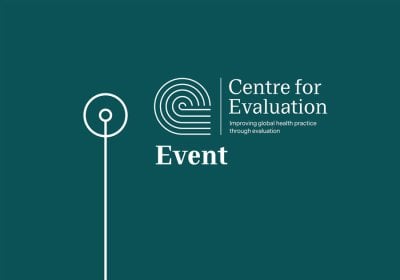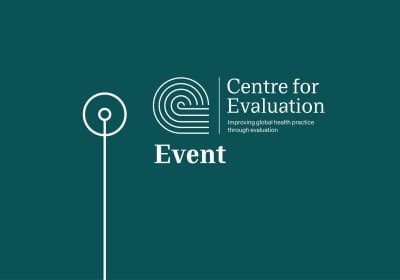Data for targeted malaria control interventions - are we there yet?
Prioritising interventions is central for malaria endemic countries that aim to dramatically reduce their malaria burden with limited resources. Without international standards and guidelines, National Malaria Control Programmes (NMCPs) depend on national level availability, accessibility and capacity to use data to choose among available options. This symposium will discuss key challenges that NMCPs face in the use of data for decision-making and rationalisation of resources while ensuring effective malaria control.
Over the last four years, LINK, in collaboration with WHO AFRO, supported NMCPs to efficiently use malaria data for decision-making: LINK compiled existing malaria data, generated spatio-temporal maps and supported programmatic interpretation of these maps. The in-depth evaluation and political economy work of LINK focused on challenges to data use and the underlying pathways of decision-making. These results will be presented alongside potential methods, such as Health Technology Assessments, to discuss the future of malaria programming and answer the question “Data for targeted malaria control interventions - are we there yet?”
|
Agenda |
||
|
Time |
Title |
Speaker |
|
13.30 – 13.40 |
Welcome and opening |
David Schellenberg WHO Global Malaria Programme |
|
13.40 – 14.00 |
LINK Programme – Better decisions for malaria control |
Carrie Lynch LSHTM |
|
14.00 – 14.10 |
Mapping and targeting – help and hindrance of mapping |
Emelda Okiro KEMRI Wellcome Trust Research Programme |
|
14.10 – 14.30 |
Challenges to using evidence to target interventions. LINK evaluation results |
Jayne Webster LSHTM |
|
14.30 – 14.40 |
Break |
Break |
|
14.40 – 15.00 |
Processes used in decision-making NMCP Uganda - prioritisation, rationalisation and targeting |
Dr Damien Rutazaana National Malaria Control Programme, Uganda |
|
15.00 – 15.20 |
Targeting/stratifying/prioritising interventions – other perspectives |
Kate Kolaczinski, Global Fund |
|
15.20 – 15.40 |
Targeting interventions –Health Technology Assessments in the context of malaria control |
Francis Ruiz Imperial College |
|
15.40 – 16.00 |
Political Economy of using data for decision-making in malaria control |
Justin Parkhurst London School of Economics |
|
16.00 – 16.10 |
Break |
|
|
16.10 – 17.00 |
Panel Discussion: Moving forward, towards improving decisions for malaria control at national levels |
Moderator: Ritha Njau WHO Tanzania |
|
17.00 |
Reception |
|
Find out more:
Web: www.linkmalaria.org Twitter: @LINK_LSHTM Email: LINK@lshtm.ac.uk
Admission
Contact



